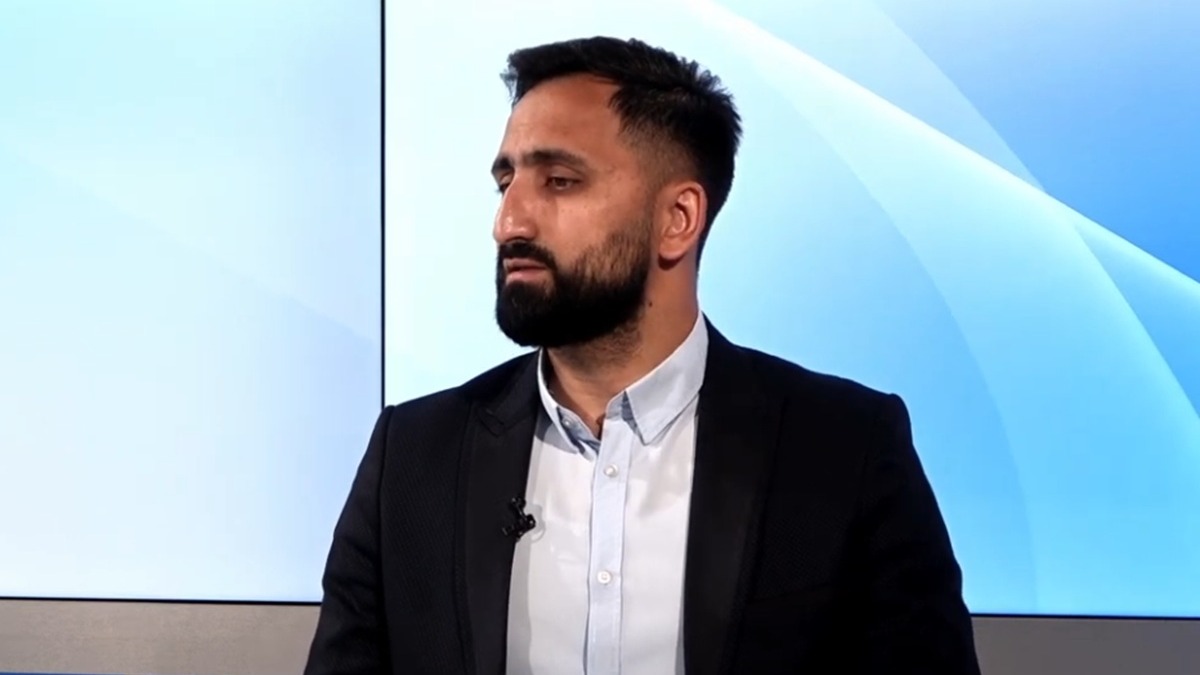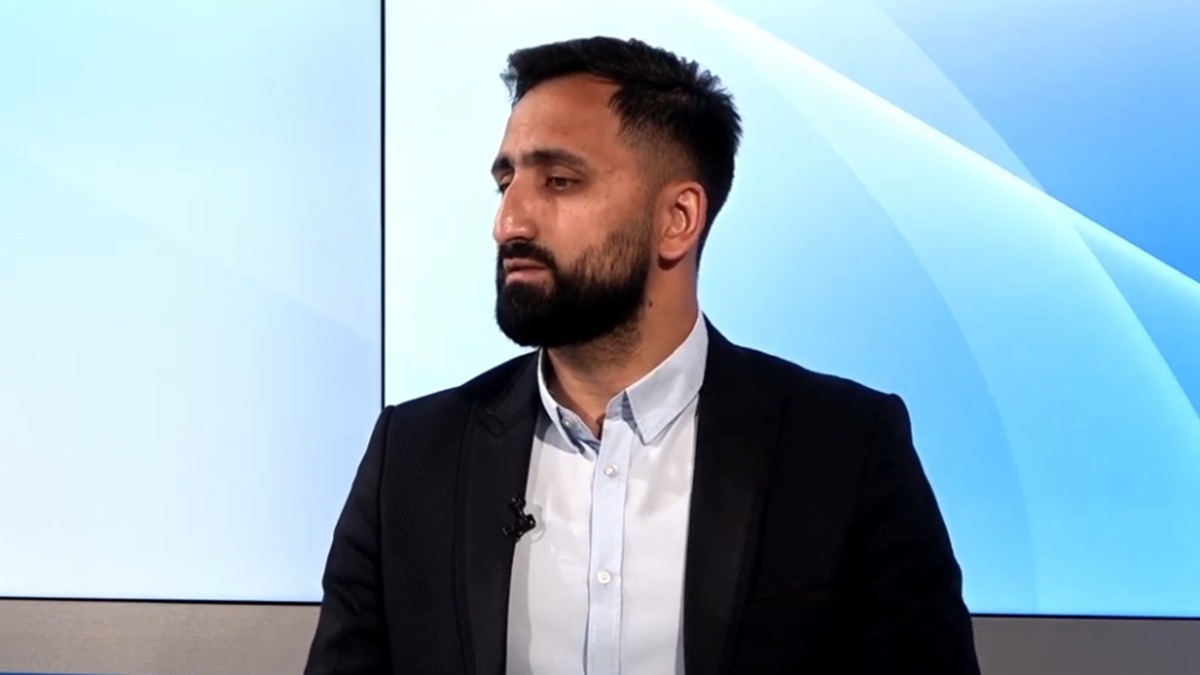Did you know that in Montenegro, more than half of Roma children do not attend preschool at all? Yes, you read that right! Even though preschool education is crucial for every child’s development, the Roma community remains sidelined in the system. Elvis Beriša, executive director of the NGO Phiren Amenca, is blunt: without engaging Roma mediators and providing free transportation, the situation won’t improve.
A recent study by the Center for Democracy and Human Rights (CEDEM) revealed that the percentage of Roma children not attending preschool has more than doubled. How is that possible? Beriša explains that while more children are attending primary school, preschool education remains neglected because it is not mandatory, and parents often cannot regularly take their children to kindergarten.
In remote settlements where Roma and Egyptian communities live, there is only one preschool institution attended exclusively by children from these communities. But that’s not enough! There is an urgent need to involve mediators and organize transportation so children can regularly join the preschool system and be supervised during their stay.
Another alarming issue is the lack of key documents among Roma people – ID cards, citizenship certificates, birth certificates. Without these papers, children and adults cannot access healthcare, education, employment, and other basic rights. In some families, three generations have unresolved legal status, which is catastrophic for their future.
Are institutions doing their job? Beriša says some individuals are dedicated, but the system is uncoordinated and unsynchronized. He calls on all responsible bodies to show empathy, solidarity, and professionalism.
Although there are some improvements, like the “Europe Now” program that has enhanced the social status of Roma, discrimination and stereotypes persist. Employers often hold negative biases, and Roma culture and language remain unknown to most of society.
This issue is not just about education – it’s a fight for basic human rights and dignity. If you care about justice and equality, maybe it’s time to ask yourself: what can we do to help? Or at least stop pretending we don’t see? Drop your thoughts in the comments because silence is not an option!








